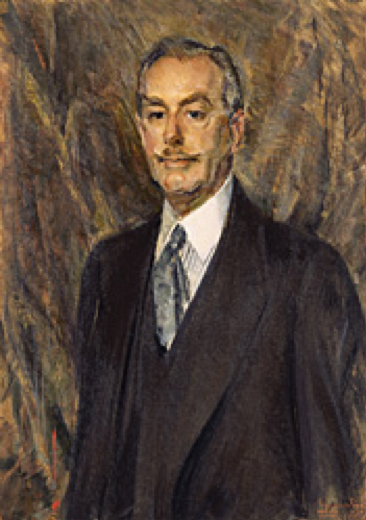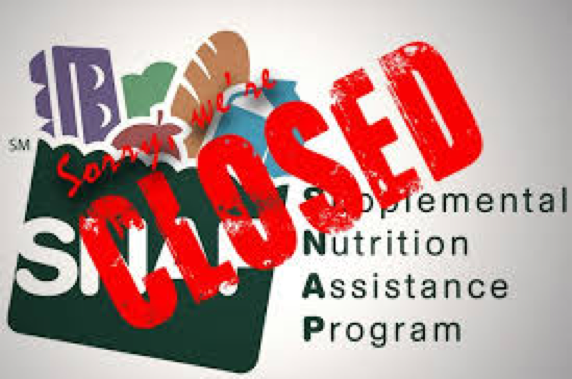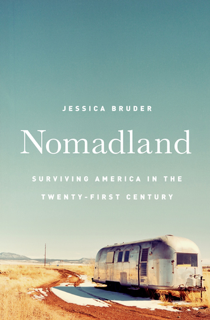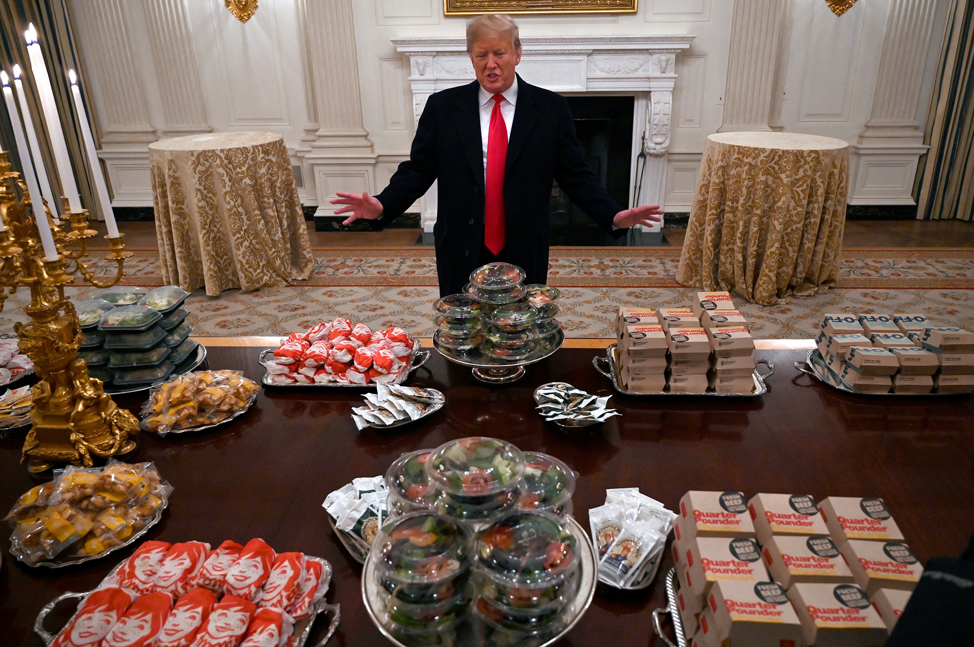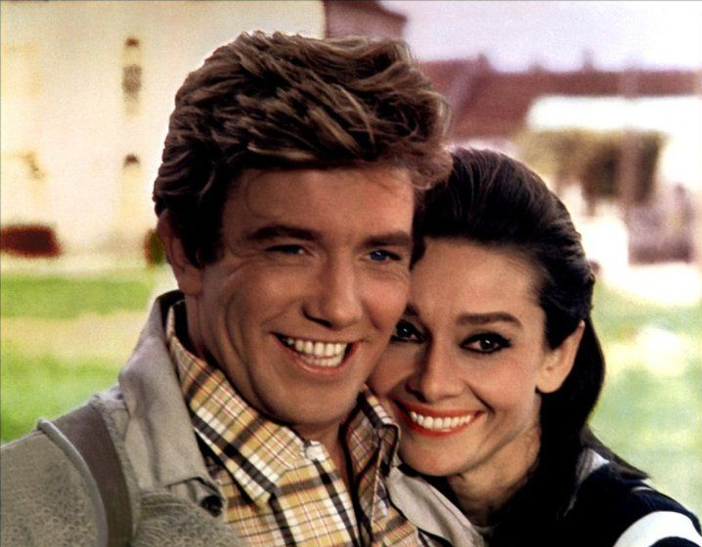
I didn’t know Albert Finney, but when he died two days ago, I felt the loss personally. I’d admired him as an actor since first seeing him as the randy Tom Jones (1963) and again as Audrey Hepburn’s husband in Two for the Road (above) in 1967. He was nominated for an Oscar five times, but never took one home. He was an actor’s actor, but it wasn’t his acting chops that made me feel his loss.
Finney and I were only a year apart in age. Wikipedia doesn’t mention it, but I know he was an avid horse racing fan who followed the ponies from Saratoga to the Triple Crown and on to Santa Anita in the fall. In a tangential way, it was his interest in racing that provided our connection.
Mr. Finney was friends with Karen and Mickey Taylor. Two friends of mine. Two degrees of separation. The Taylors purchased Seattle Slew for $17,500 in 1975. Slew went on to win the Triple Crown and made the Taylors very wealthy. I knew them because they were customers of mine at Piccolo, the little Italian café my wife, Abby, and I owned.
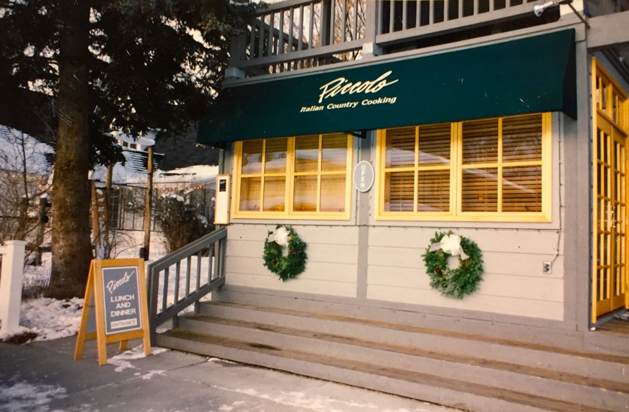
Running a small restaurant is a labor of love – especially in a seasonal resort like Sun Valley. I made the pasta and bread. Abby ran the kitchen. Our small operation was either wildly busy or empty depending on the season. Christmas holidays were especially chaotic, and one Christmas week Mickey and Karen stopped in for lunch. The café seated 44 but there were probably 50 eating lunch on that particular day. Abby and the kitchen staff were cranking out the pasta dishes and I was up front seating customers, making espresso drinks, and busing tables.
At a particularly chaotic moment, with all the tables finishing at once, I felt a tap on my shoulder and turned to see a grinning Albert Finney. “Hello, Jack. I’m Albert. It looks like you could use some help. Let me give you a hand cleaning up these tables.” I was nonplussed. I didn’t even realize he was in the restaurant, but for the next 30 minutes Albert Finney and I were the busboys at Piccolo. He couldn’t have been nicer or more natural, and that’s the reason I was personally touched when I heard of his passing on Thursday.
Sun Valley was founded by Averill Harriman in 1936 and always had celebrity appeal, but it was years behind Aspen and Vail in becoming a “scene.” When Abby and I moved there in 70’s it was very sleepy. In 1987 when we opened the restaurant it was becoming more popular but still a one-story, log cabin kind of town and quiet escape for some celebrities. Jamie Lee Curtis used to bring us loaves of bread from the La Brea Bakery in LA, and Edie Baskin (Baskin & Robbins/SNL writer) brought us fresh mozzarella from Dean and DeLuca in New York.
Piccolo was a place celebrities with a local connection could come for a dish of pasta and not be bothered. Carole King, Scott Glenn, Adam West, and Jack Hemingway were lunch regulars while Jamie Lee and husband Christopher Guest, Brooke Shields, and Peter Cetera were often there for dinner. It was a few years later that the one-story log cabins were replaced with two-story banks, galleries, and glitzy boutiques. Change is a given, but I feel fortunate to have been part of it before the change.
Albert Finney’s passing reminds me of those times. I left Ketchum after 25 years. Piccolo has closed its doors and I’ve lost touch with Karen and Mickey. Even so, Abby and all three of my children are there and it remains a special place for me. Tomorrow I’m planning to settle in with a cocktail and watch a couple of Albert’s films – maybe Murder on the Orient Express or Annie – just to keep this memory fresh. My day busing tables with him is the perfect reminder that in this time of megalomania even a rich and famous celebrity can be modest, friendly, and helpful.
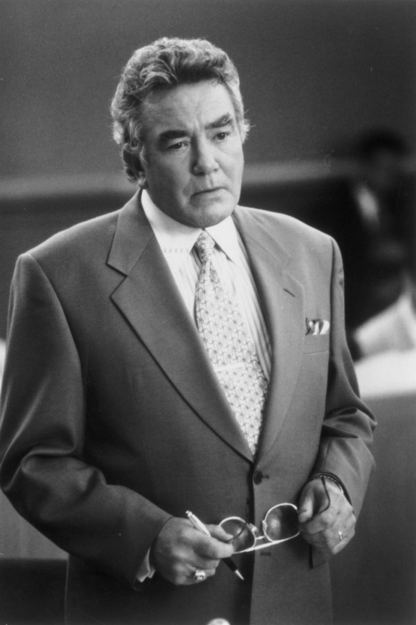
RIP Albert Finney (1936 – 2019)






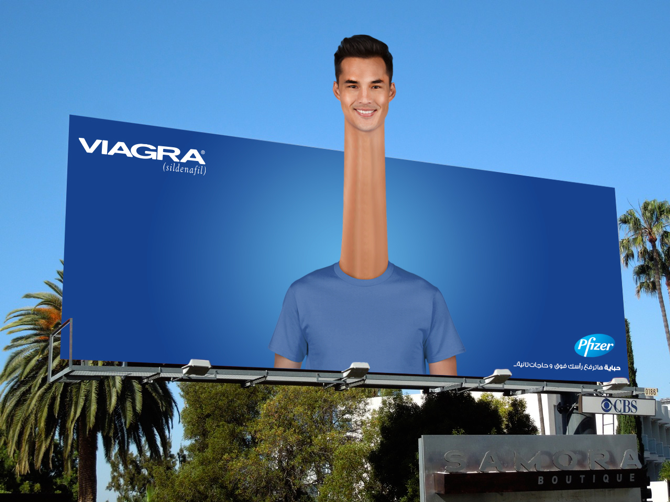
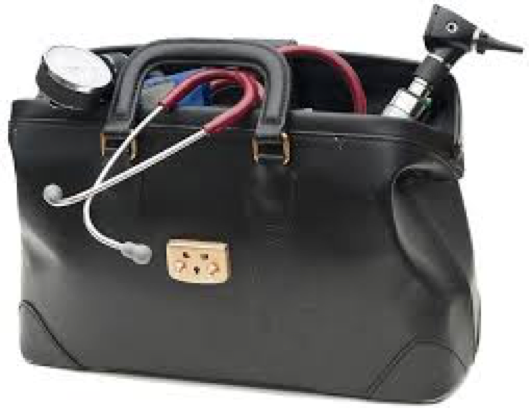
 1962, the FDA has regulated pharmaceutical advertising with a mandate to ensure it is not false or misleading. What about dangerous, inappropriate, improper, unnecessary, and out of place?
1962, the FDA has regulated pharmaceutical advertising with a mandate to ensure it is not false or misleading. What about dangerous, inappropriate, improper, unnecessary, and out of place? Like most television watchers, I’d rather skip the commercials, but there are lessons to be learned when you pay attention to the spaces in between. Big Pharma is big business and marketing is a key element in growing that business.
Like most television watchers, I’d rather skip the commercials, but there are lessons to be learned when you pay attention to the spaces in between. Big Pharma is big business and marketing is a key element in growing that business.
